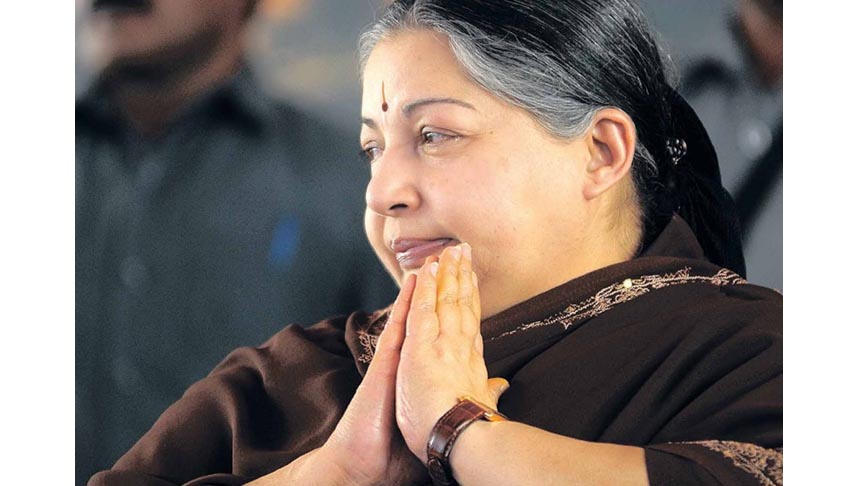- Home
- /
- Top Stories
- /
- Disproportionate Assets Case:...
Disproportionate Assets Case: Jayalalithaa and 3 aides convicted
Apoorva Mandhani
27 Sept 2014 9:35 PM IST
In a verdict which is being viewed as a victory of supremacy of law, Tamil Nadu Chief Minister J. Jayalalithaa was today convicted of corruption by a Special Court in Bangalore. She has been sentenced to four years in jail, and charged with a fine of Rs. 100 crore. She has been reportedly convicted under Section 13 (1) (E) of the Prevention of Corruption Act (criminal misconduct by...
Tags
AIADMKDirectorate of Vigilance and Anti-Corruption (DVAC)Disproportionate Assets CaseKarnataka CJ Vikramjit SenKarnataka High CourtSection 120 (B) of IPCSection 13 (1) (E) of the Prevention of Corruption ActSection 144 of the Cr.P.CSpecial Court judge John Michael D’CunhaTamil Nadu Chief Minister J. Jayalalithaa
Next Story



